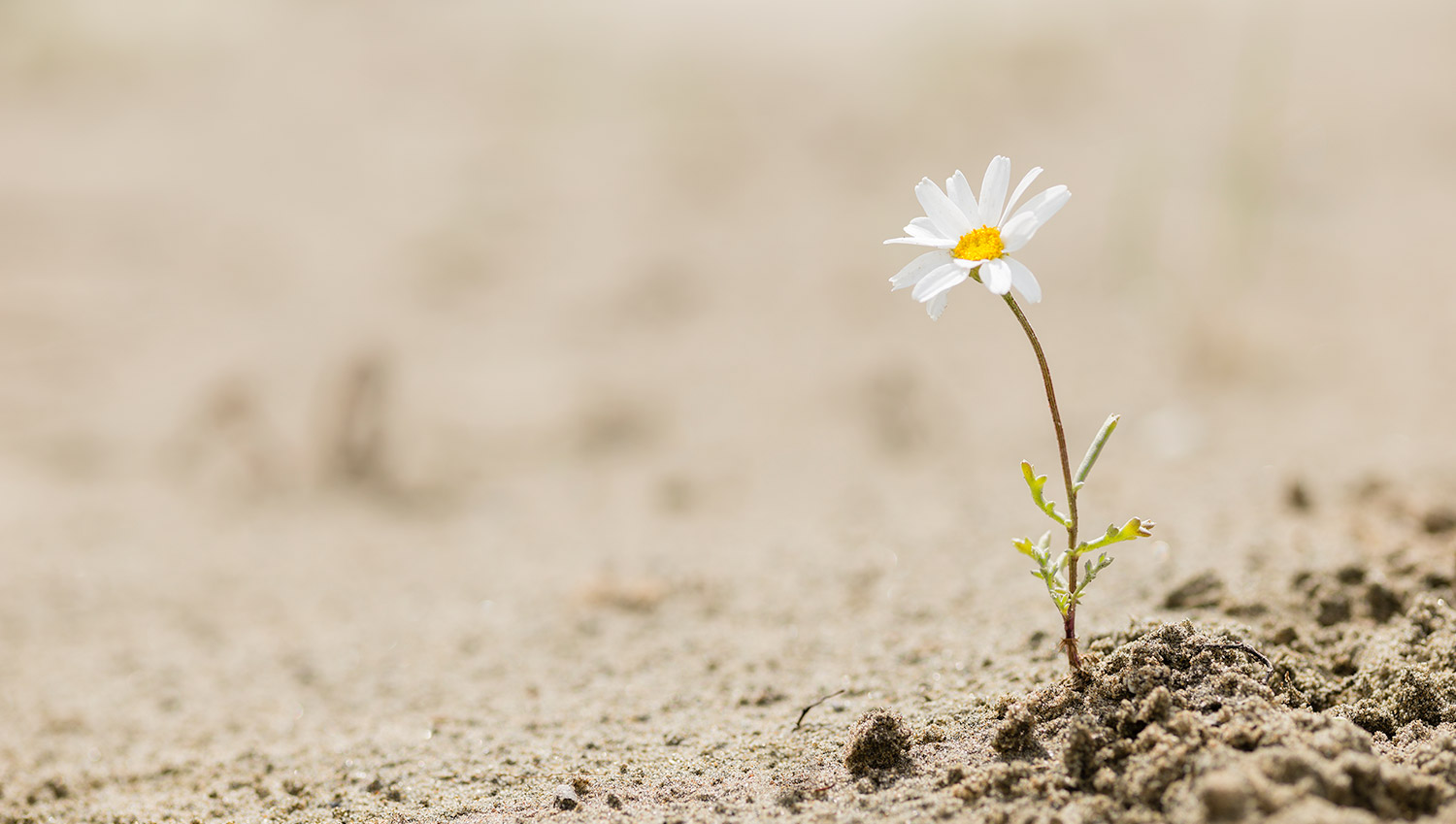Resilience is a fashionable word. It’s not a new idea but being resilient goes further than the idea of managing stress. Definitions abound but most people who study resilience agree that it is (amongst other things) about being able to adapt to changes, to maintain self-esteem and stay in control – in lay terms, to take what life throws at you, roll with the punches, bounce back with renewed energy and optimism. Most importantly, research is clear that resilience has real and positive benefits for our physical health.
Intrigued by how to become more resilient, as well as being able to help my clients to do so, I attended an excellent one day training programme run by Dr Peter Gruenewald, a colleague who is a GP and who has developed a programme called Adaptive Resilience which has a strong physiological and psychological evidence base.
I came away with some surprisingly powerful practical activities which can be done daily to maintain a more positive and objective approach to difficult situations and problems – in short, to minimise the wear and tear of an immensely busy and often emotionally demanding job. I also came away with a variety of interesting ideas and concepts to become more resilient: here are some of them, at random:
- Being able (mentally) to step out of the stressful situation – like stepping off the dance floor and on to the balcony – to look down on to the floor and see the whole situation from a distance, before re-joining the dance with the benefit of a wider perspective (and different steps).
- Developing the ability to review a difficult situation without reliving it. Reliving stirs up all the unhelpful emotions; reviewing involves a more objective and rational assessment of the situation in order to learn and move forward.
- Remembering what Darwin said – that the surviving species were not stronger or fitter – but more adaptable to change.
- Recognising the difficulty of retaining humanity under challenge. This brought to mind the nurses at Mid Staffordshire and the appalling stories reported by Robert Francis in his report last year. When stress is so intense, and resilience isn’t well developed, humanity disappears; people lose the ability to think creatively, to act compassionately, and to stay true to their values.
- Taking regular breaks – if our brains can only work effectively for 90 minutes at a time, taking 5 minutes out every 90 minutes will go a long way to maintaining our performance at optimal levels.
- Learning that gratitude affects mental and physical health and our capacity to achieve our goals.
Emmons and McCullough (2003) Counting Blessings vs Burdens: an experimental investigation of gratitude. Journal of Personality and Social Psychology Vol 84 (2), 377-389
by Dr. Jenny King





















